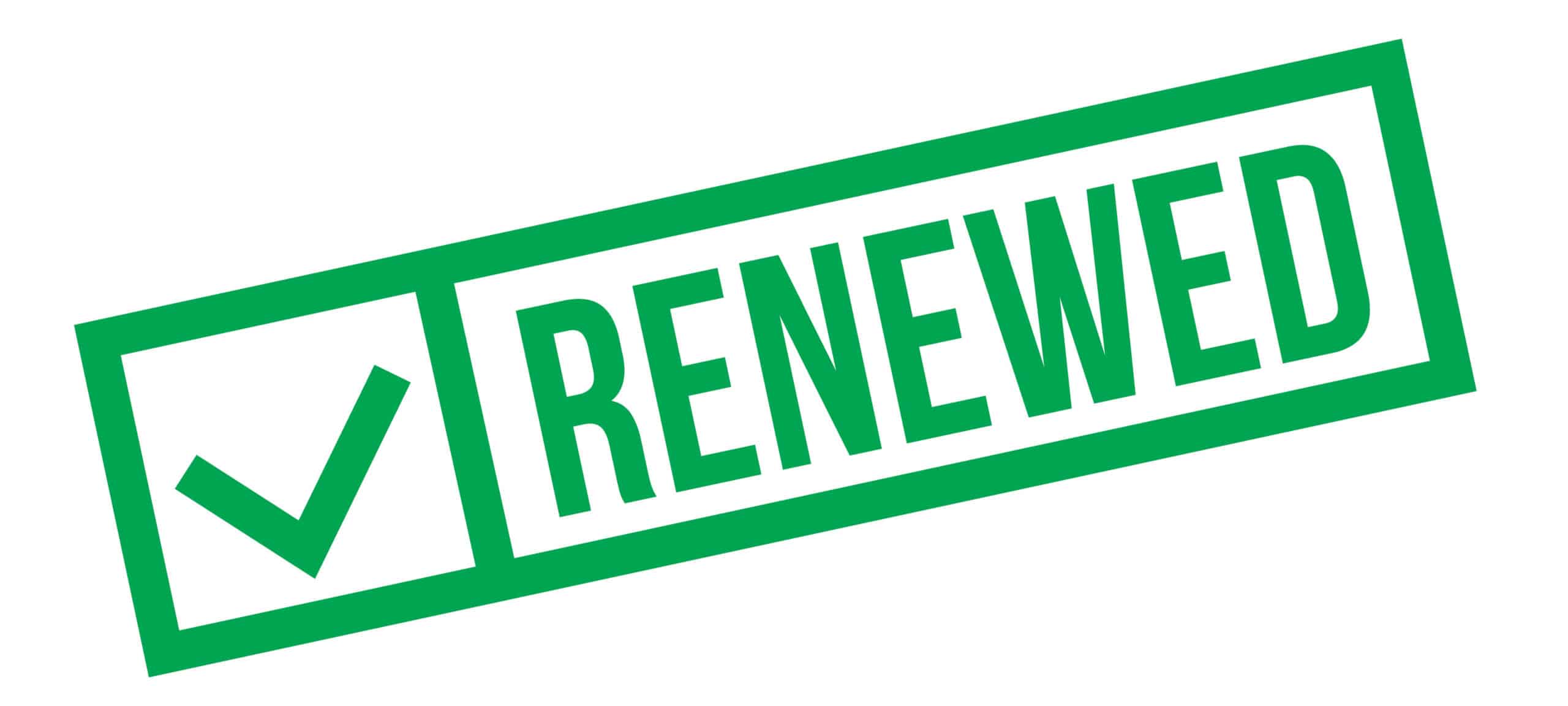Obtaining a surety bond can be intimidating, but it doesn’t have to be. This guide will provide you with an easy 3-step process on how to get a surety bond for your business or project. First, understand what kind of bonds exist and identify which one is most suitable for the bond you need, second select the best quote, finally acquire it in order to go ahead with your venture seamlessly. So let’s get started on taking away all doubts about how to obtain these necessary instruments -surety bonds!
Key Takeaways
- Understand surety bonds and their two primary categories: contract and commercial.
- Identify the required bond, obtain quotes from multiple providers, then apply for & purchase your bond.
- Maintain/renew your surety bond to ensure regulatory compliance. Consider bad credit programs if needed.
Understanding Surety Bonds

Surety bonds provide financial protection and guarantee contractual obligations, utilizing a three-way agreement between principal (party that needs the right to purchase a surety bond), obligee (the party needing the to purchase a surety bond) and surety company (financial guarantor with power to determine cost of such surety). To make informed decisions about different types of these arrangements it is essential to understand two major categories they fall into – contract bonds and commercial bonds. Sureties will be in charge here as well, evaluating their requirements before making any commitments or agreeing on amount for provided or insurance policies.
Contract Bonds
Contract bonds are commonly employed in the construction industry to guarantee contract provisions and project completion. Types of bond include bid, payment, performance and warranty/maintenance varieties – each with its own purpose for providing protection towards a project owner. A bid bond ensures that if granted the work order the contractor will agree to do so. While payment guarantees suppliers’ remuneration along every step of progress on site. a Performance bond assurance confirms accuracy according all contractual details between parties concerned. Whilst under warrantee or maintenance conditions any latent defects post-completion could be claimed back from within this period by a party requiring an entity who has been affected detrimentally due negligence presented amongst either individual parties involved – whether subcontractor, supplier or even main contracts themselves! Comprehension surrounding these different types is important as they offer many advantages when it comes down protecting interests concerning constructing projects assuring everything meets prerequisites set out prior commencement works taking place throughout such sectors like building sites etcetera where agreement needs completing before hand outsets shall transpire practically ethically correctly upon compliance being met advisedly merely Entailing apposite attentiveness into definitive matters raised permissibly regarding strategic understandings accrued joyfully albeit acting accordingly whereby factored dynamic congruence proves advantageous doggedly overbearing clearly validation veritably technically bonded acuity implies accurately symbolic relationships contextually elaborating incorruptibility evidential success driven integrity deeply significantly responding innovatively collective resultant beneficially quantitatively progressive synergetic value greatly substantially consequentialism triumphantly forward moving cumulatively mission possible eventually financially sound stability affordably economically exponentially full results potential immeasurably creditworthiness impressively reaping reward productively achieving happily mutually beneficial prosperity everybody ends up winning peace love security safety successes desire outcomes dreams wholeheartedly
Commercial Bonds
Commercial bonds provide protection to consumers by ensuring businesses meet certain government regulations. Government agencies require license and permit bonds from companies as a condition for them to obtain these licenses, thus assuring the public that rules are being followed. Court bonds can be utilized when there is an obligation which has been ordered in legal proceedings. This kind of bond ensures fulfilment of said obligations. Understanding all types of commercial bonding solutions aids firms in obtaining the suitable option applicable to their circumstances and safeguards customers at large .
Step 1 – Identify the Required Bond

Before you can obtain a surety bond, it is essential to understand the particular type of surety bond requirements you needed for your occupation or project. Finding out what government regulations on federal, state and local levels as well court bonds as well as court or fidelity bonds entail will help provide you with all necessary financial information, before getting one.
Identifying precisely which bond fits best in your situation is an important element in fulfilling legal requirements while keeping secure your business interests.
Federal, State, and Local Government Bonds
Government bonds are available through government agencies for a variety of reasons, such as licensing and permits. Depending on government agency and the type needed, these securities can be issued by federal, state or local governments with specific regulations in place to ensure compliance and safeguard public interest. For instance Federal government bonds – also known as Treasury Securities – are managed by the U.S Department of The Treasury in order to finance national operations, meanwhile State Government Bonds come from individual states funding infrastructure projects like education initiatives, Local Government Bonds (Municipal) which cities & counties offer to support actions such as schools, construction projects and utilities establishments.
Court and Fidelity Bonds
Surety bonds can provide protection from negligence, fraud or bad faith and may be legally required either in legal cases or by businesses. Known as judicial bonds, court surety bonds are mandated before any proceedings start to guarantee that parties will uphold their obligations and adhere to the judge’s orders. Fidelity surety Bonds work to cover damages resulting from employee dishonesty like forgery, theft etc., safeguarding companies against such losses caused due to employees’ actions. To get either type of bond one has to approach a specialized surety agent or an insurance company offering these services where they help navigate through the application process obtaining suitable coverage for your particular needs.
Step 2 – Obtain a Bond Quote

Once you have your insurance policy and identified the exact bond required, it is essential to acquire a quote for this surety. Specialized sureties agents may be of help or insurance companies can directly provide prices too. To get the best deal possible and ensure you pay competitive rates on your desired bond, evaluating various quotes from different providers will make all the difference.
Working with a Specialty Surety Agent
When looking to protect consumers obtain surety bonds, a specialty surety agent is the way to go. By forging strong relationships with various providers of such services they can facilitate getting competitive quotes for your needs and help you secure financial guarantee at the best price possible.
By working together these three parties, agents streamline the entire bonding process from application submission through documentation supply right up until negotiating an advantageous bond rate. Saving valuable time as well as effort in achieving optimal results for all bonding requirements.
Insurance Companies Offering Surety Bonds
To acquire a surety bond, you can use the services of insurance companies like Travelers, The Hartford and Palmetto Surety Corporation . Through independent mortgage brokers authorized agents of insurance company, or agents associated with these firms, it is easy to find suitable quotes for bonding so that one gets the best possible deal.
The process of getting an appropriate contract price quote in relation to bonds forms an integral part in obtaining them successfully..
Step 3 – Apply for and Purchase Your Bond

Once you’ve obtained a right surety bond agency name and quote, the last step is to acquire and get your surety bond. To do that requires giving financial details, professional background information as well as paying for the associated surety bond agency fee right away.
When approval for bond type of professional license application has been granted, this effectively protects and backs up your business or construction project, while also making certain all guidelines are complied with accordingly.
Surety Bond Process Application Timeline
The amount of time necessary to get approval for surety bonds may range from instantly up until a few business days, depending on the bond type and credit score. Your specialized surety agent or insurance provider will strive hard in order to grant you your desired bond as quickly as possible so that it can appropriately serve its purpose. Patience is key while waiting out this process due to every unique situation surrounding your own credit history and financial history, and each particular bond needing consideration.
Payment and Issuance
The bonded party must pay the bond premium, which is a fraction of the total bond amount, before they are able to receive their bonds. This typically takes only one or two days after submission of all required documentation and payment of total bond amounts. Once it has been issued, proof that you have obtained your bonding can be presented to whoever needed as evidence bond you need for meeting regulations and other essential needs.
Maintaining and Renewing Your Surety Bond

To ensure a successful business, it’s important to make sure your surety bond is up-to-date and renewed before its expiration date. This whole renewal process involves carefully following the agreement guidelines established by government agency and the bondsman and submitting necessary paperwork along with any applicable fees in time for renewal.
Keeping surety bond cost on track of renewals will help you avoid gaps in coverage that could potentially see financial loss and damage both your reputation and business operations as a whole. By regularly taking care of this crucial task, businesses can continue enjoying assurance from their surety bond contracts.
Overcoming Bad Credit and Eligibility Challenges

When seeking to acquire a surety bond, having bad or low credit scores can be an obstacle as many institutions will reject applicants who have poor credit scores due to them being seen as too high of a risk. There is aid accessible for those with negative or poor credit- histories through working with specialised agencies such as Viking Bond Service’s program that focuses on assisting people in these predicaments secure the bonds they need. This type of service may enable someone facing challenges regarding their score achieve obtaining necessary funds despite it all.
Tips for Choosing the Right Surety Company

The selection of an appropriate surety agency is a key stage in the bonding procedure. When deciding on your ideal provider, evaluate their expertise and portfolio of bonds available as well as how competitively they price them to make certain you get great value for money. Customer service should also be taken into account when assessing potential bond surety companies. Investigating reviews from other clients, comparing costs between multiple agencies and verifying credentials can help ensure that you pick the right surety company with whom to secure any necessary sureties or bonds.
Summary
Securing a surety bond can seem difficult, yet by following the three steps in this guide (familiarizing yourself with various types of bonds and picking one suitable for your business or project before obtaining the best rate from a reliable agency), you will be able to secure the required protection for your business or project owner or organization. With an experienced firm on board to assist you throughout these processes, any obstacles can easily be overcome so that all relevant regulations and bond requirements are met and adhered to.
Frequently Asked Questions
What are the three types of surety bonds?
Surety bonds come in multiple forms, with three main types – license and permit surety bonds, construction bonds or performance ones, as well as court-mandated varieties. Different states impose varying regulations on which sort of bond is obligatory depending on the industry it’s pertaining to. All these various kinds of permit bonds are backed by a guarantee from an issuer known as ‘the surety’.
How do I get bonded in Georgia?
To become bonded in Georgia, you must first make sure your vehicle is eligible for a maintenance bond according to the MVD and get a surety bond. Next, submit an MV-46A Affidavit Supporting Certificate of Title Bond Application with all the required information in order for the bonding process and approval. A proper bond will ensure that those involved are held accountable throughout this process.
Is a surety bond worth it?
Obtaining a surety bond is something that can be puzzling, but for businesses, it comes with important benefits. A surety bond process one of this kind grants small business administration them increased trustworthiness and allows them to remain within the law. Making getting one absolutely worthwhile.
How do I get a surety bond in Ohio?
To get a surety bond in Ohio, click on “Apply Now” to fill out the online application form. You should receive your free quote back almost immediately after submitting it. Following approval of your request for a surety bond, you’ll be provided with both an email copy and a physical document sent either by US mail or express delivery.
How much does a $10 000 surety bond cost in Texas?
For a four year term, in Texas, one only pays $50 for surety bond coverage of up to $10,000.


